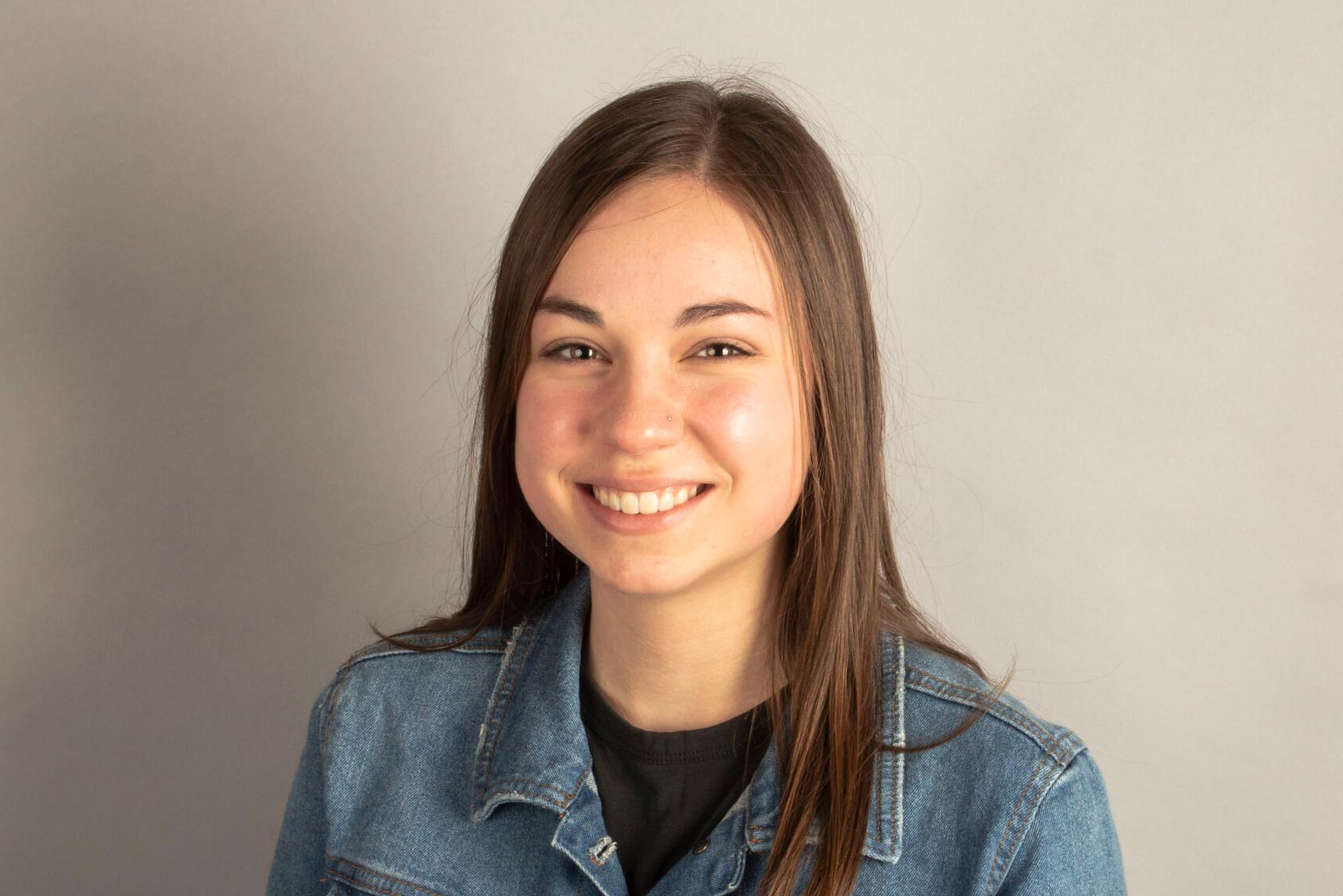In seven years, I will be 30 years old.
I barely know what I’ll be doing after graduation in April, let alone where I might find myself seven years from now.I don’t like to think about it; there’s a lot of life to be lived between then and now, a lot of questions I imagine I’ll still be asking.
But artists Gan Golan and Andrew Boyd are reminding me that there is much more to pay attention to in the next seven years than whether or not I attend graduate school or end up flipping burgers at McDonald’s – both viable options.
In seven years, the world will no longer have time to act before an irreversible climate emergency alters human existence, according to a new Climate Clock inspired by Golan and Boyd located in Manhattan’s Union Square during this past September’s Climate Week.
In seven years, the Earth’s carbon budget will be depleted, based on current emission rates.
Will my dreams of living in China, of flying to countries in Southeast Asia even be possible? Do I give up flying on planes altogether? Do I continue to buy packaged meat from Walmart as a college student with a tight budget? Do I become a vegetarian?
The reality for my generation is that asking these questions is no longer optional, but required.
And as a journalist, I’ve observed that more and more stories are finding their beginnings in the climate change story, even here in Goshen.
COVID-19 is a climate change story.
Theologian Walter Brueggemann has reflected on this time during the pandemic as a period of exile, a period of waiting for change to come.
And in this waiting, there is an invitation to “groan hopefully,” Brueggemann implies.
There is no denying that the raging wildfires in the western part of the U.S. are signs of the earth groaning for change.
That humans groan over lost loved ones, over months of isolation, over political tension is a sign of pain in current times.
But that small, nine-letter adverb – hopefully – is what spurs me to action. If I do not groan without hope for my future, what will my future, our future look like?
The leaves on campus have gradually begun to change, from dark greens to soft yellows and fiery reds; a sign of hope, a season changing.
The earth hopes with us.
And so, we need to learn how to groan hopefully, together, holding the weight of this moment with the knowledge that change will come.
By all means groan, lament the reality of our present circumstances and the crying that continues to take place throughout our world.
There’s a lot going on right now.
May that reality move you to groan, and to groan loudly, but with overwhelming amounts of hope.




